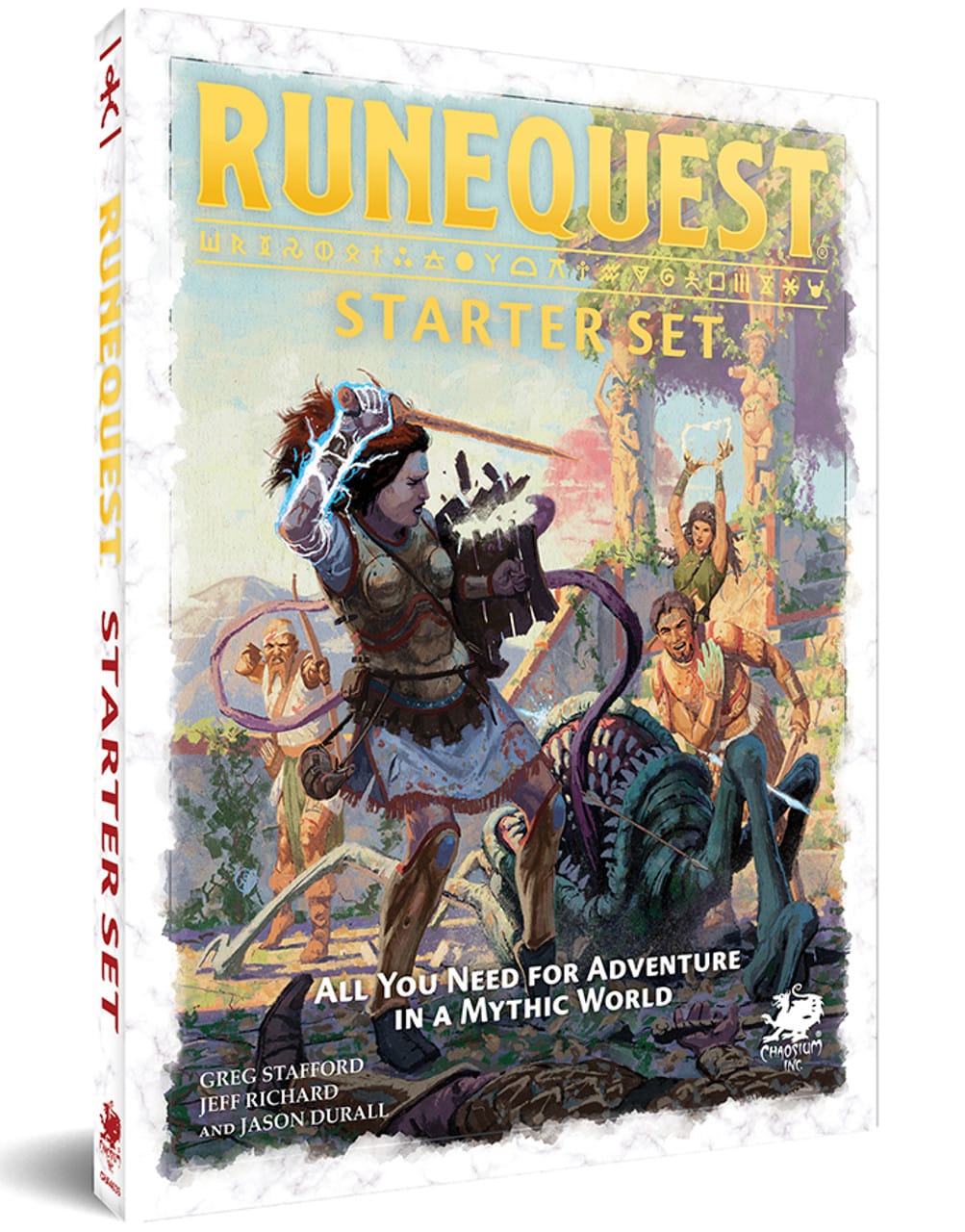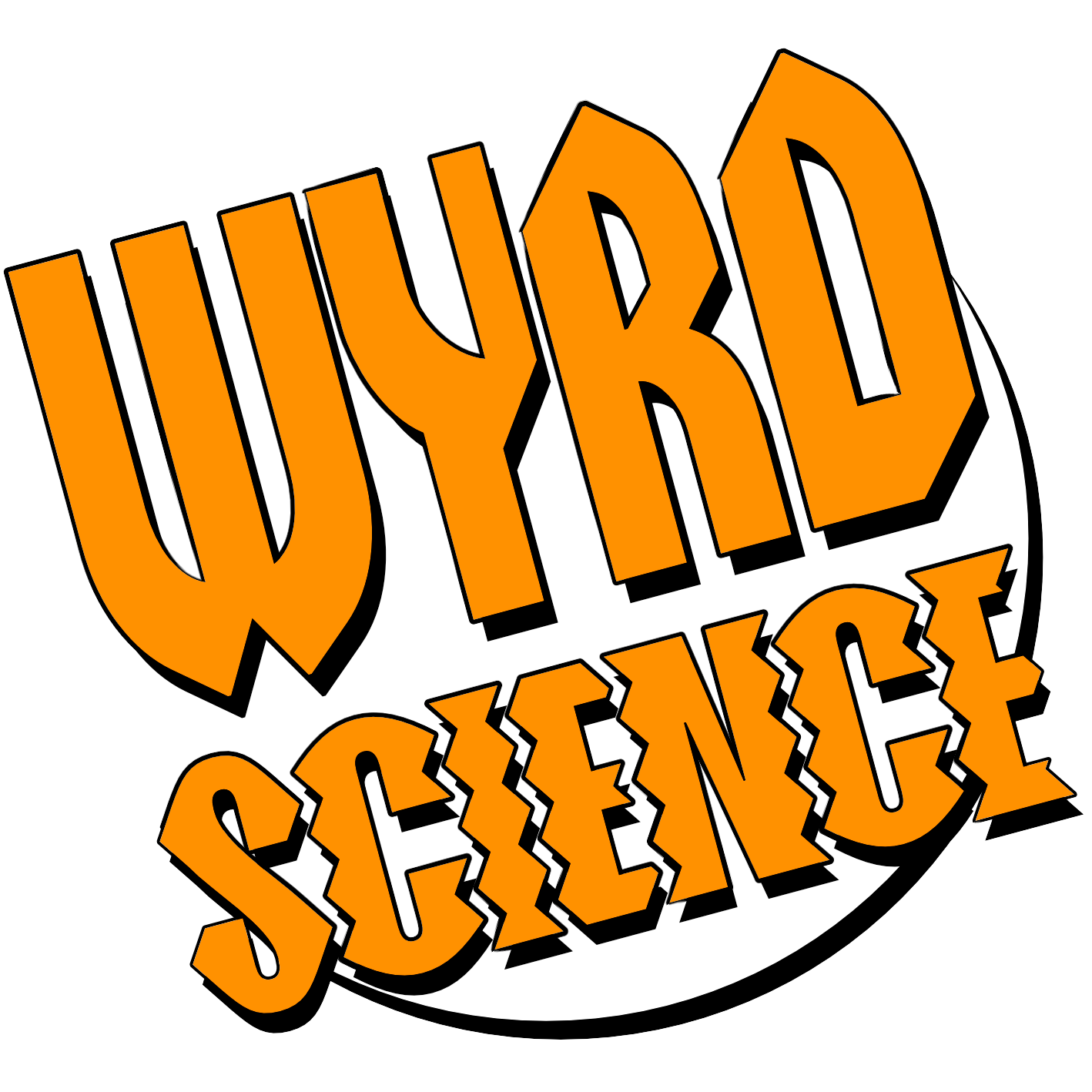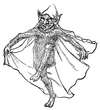
Having set the gold standard for modern- day starter sets with Call of Cthulhu’s 7th edition one, Chaosium look to repeat the trick for their even more venerable game RuneQuest. First released in 1978 it’s fair to say that RuneQuest has had a rather convoluted history, even by RPG standards. Over the years it’s gained new owners, new rulesets and even gone under various different names along the way. The latest edition, RuneQuest: Roleplaying in Glorantha, released in 2018, saw the game return to its original home and with a set of rules based on Chaosium’s percentile based Basic Roleplaying System and more specifically RuneQuest’s own 2nd edition.
Of course the game’s publication history is nothing compared to the in-universe history of its setting Glorantha which its creator, Greg Stafford, began working on back in 1966. This is a Bonze Age world steeped in magic and mythology, with a rich history covering thousands of year that’s breadth, depth and attention to detail has both seen it accrue a devoted fanbase down the years but can also make it appear incredibly inaccessible to the newcomer, which despite being long enough in the tooth myself I am. Still I do like a game in a box and love to get stuck into a fantasy world, so, ideally, this new Starter Set should be the perfect gateway to both RuneQuest’s setting and system.
So, first of all let’s just say that you certainly get a lot of bang for your buck here and at least in terms of actual content Chaosium have been incredibly generous here, perhaps to a fault. Packed tightly inside the box you’ll find four large booklets covering the rules, the world, a solo choose your own adventure style game -something that also featured in the excellent Call of Cthulhu Starter Set- and finally a set of adventures. Completing the set you’ll get a set of rather fetching bronze’ish polyhedral dice, maps, some reference sheets and 14, yes that’s fourteen, pre-generated characters.
What you don’t get includes character creation, advanced combat, equipment and a more complete magic system. Which is all fair enough as what you do is already a lot, and at first glance perhaps even a little overwhelming, a situation not helped by the first book you read, kicking things off with an eye watering Ability Results Table. Depending on your prior gaming experience that alone may have you running back to the comfort of something significantly less involved. There’s no way around it, RuneQuest is, and feels, like a big traditional roleplaying game, even here in what is supposed to be a somewhat slimmed down system. A lot has happened in RPG design since RuneQuest first hit the shelves and on first glance I suspect that the designers have found many of those developments not to their tastes.
This is a game that likes to get lost in the weeds, especially when it comes to combat and you start dealing with strike ranks, parries, hit locations and so on and so forth. This is not to say it’s bad, at all, I’ve enjoyed many a crunchy game in my time but with the trend, certainly within indie RPGs, for streamlining and paring systems down it can be a lot to take in.
Still for most I imagine the appeal of RuneQuest is less to do with it’s system than Glorantha itself and it’s book 2, where we learn more about Greg Stafford’s lovingly created setting. This is a world of mythology and magic writ large, where the gods -the oh so many gods- and their cults play an active part in the life of everyone’s lives. There’s a lot to learn and confronted by page after page of fairly dry text it can at time feel like homework but struggle through it you begin to see why so many people love it and with the detailed guide to the city of Jonstown there’s something for experienced players here too. Whether you can find enough people wholly new to the game to also wade through all of this may be another thing altogether though.
It’s clear that Chaosium had a much harder task of their hands here than with Call of Cthulhu, whose setting -our world- is much easier to understand and premise -there are unknowable things out there who want to eat reality- requires much less buy in. As it is they’ve probably done about as good a job as they could. Throughout both reading and then playing through this starter set the feeling I constantly got is that RuneQuest demands much of its players, but for those willing to roll up their sleeves there are definitely rewards to be had.
I suspect for many this will be both an introduction and farewell to RuneQuest. When people cry about how hard it is to learn systems other than D&D, it’s games like this that they’re talking about. Still fair play to Chaosium, they’ve priced this keenly enough so that if you’re even vaguely curious about RuneQuest then it’s hard not to recommend just giving it a go, if you like your games a bit chewier then you just might find yourself joining the venerable strike ranks of the Gloranthaphiles.
Written by Greg Stafford, Jeff Richard, Jason Durall
Published by Chaosium
This feature originally appeared in Wyrd Science Vol.1, Issue 3 (Oct '22)

